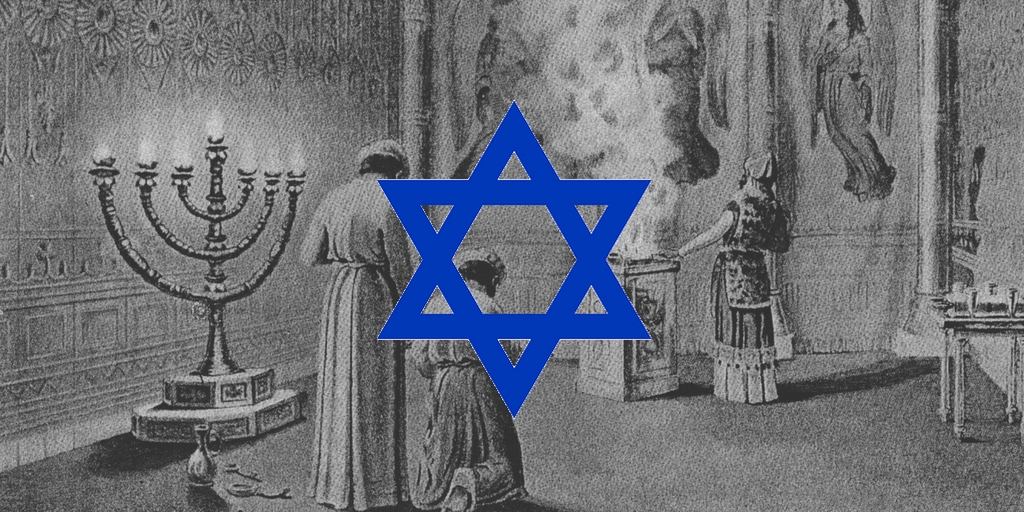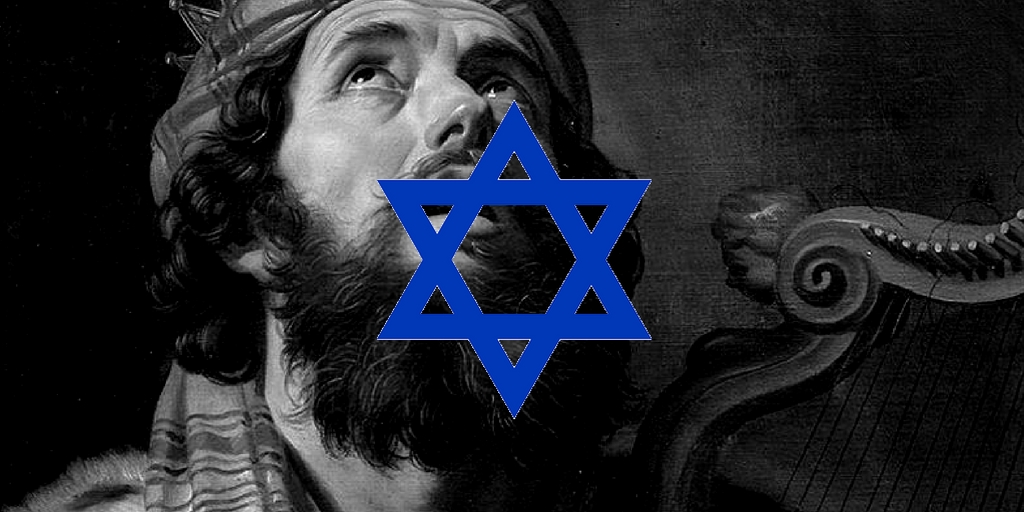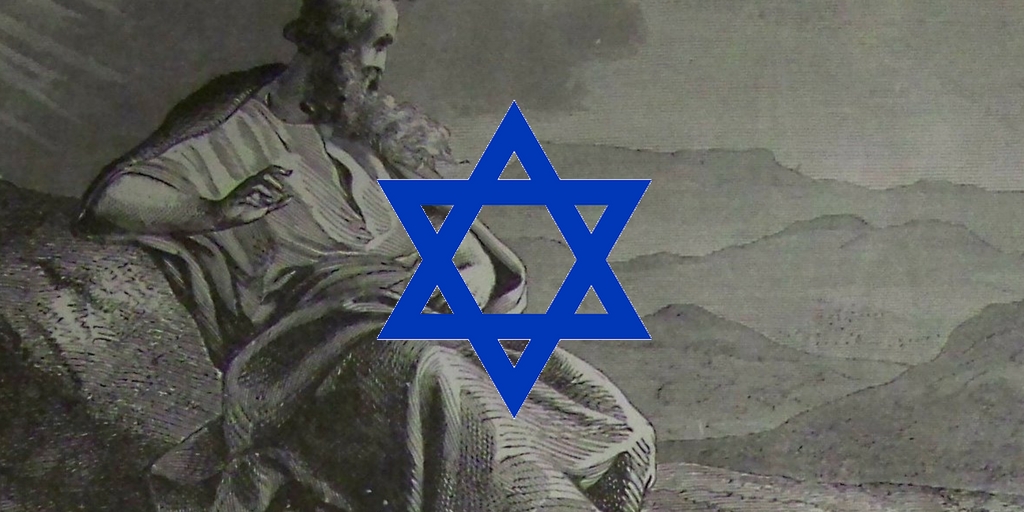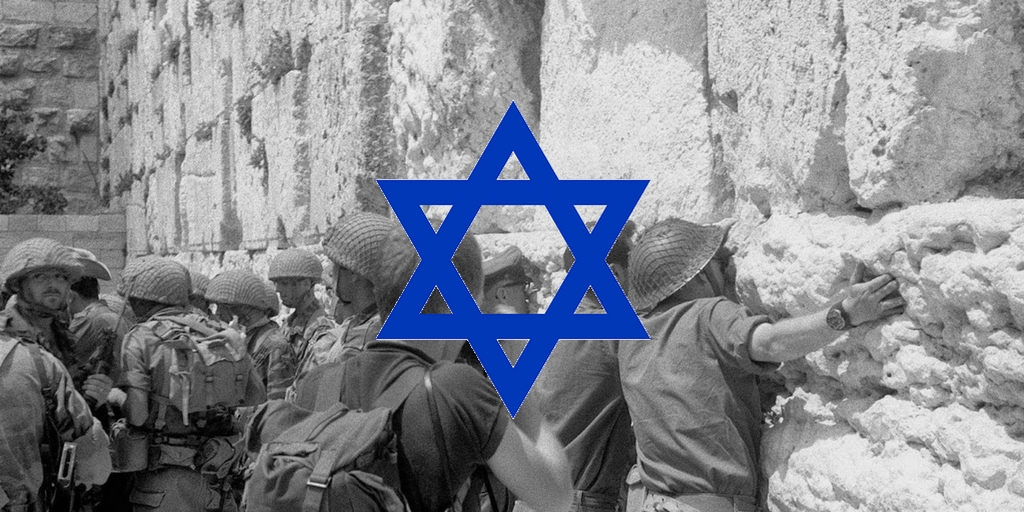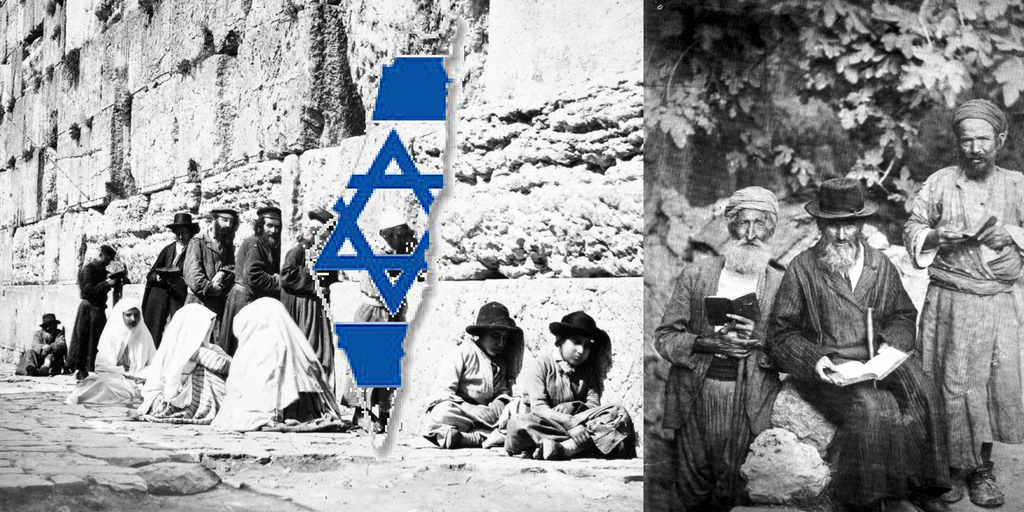“If a bird’s nest happens to be before you on the road, on any tree or on the ground – young birds or eggs – and the mother is roosting on the young birds or the eggs, you shall not take the mother with the young. You shall surely send away the mother and take the young for yourself, so that it will be good for you and you will prolong your days.” (DEVARIM 22:6-7)
It is learned from the statement “you will prolong your days” that a long life is acquired through adherence to this particular commandment. In his Guide to the Perplexed (3:48), the Rambam emphasizes the inherent cruelty of slaughtering a mother together with her young. Animals instinctively love their offspring and would obviously suffer pain if forced to witness the abduction of their children.
Our Sages make reference to the above directive, stating, “If one says, ‘Your mercy rests upon the bird’s nest’… we silence him.” The Talmud comments, “It is because he attributes G-D’s conduct to mercy when it consists only of decrees.” (Brakhot 33b)
It is peculiar that our Sages instruct us to silence a person for praising the Kadosh Barukh Hu. While the commandment to send away the mother bird obviously demonstrates HaShem’s compassion, the Talmud is teaching a valuable lesson. One who fulfills the commandments because he finds them agreeable transforms the Torah’s decrees into something dependent on man’s approval. If a Jew fulfills a decree because he intellectually agrees with it, there exists a danger he might reject a mitzvah he finds difficult to understand. If he becomes accustomed to performing mitzvot only because he views them as morally acceptable according to his limited human perspective, he could potentially reject other Divine commandments that conflict with his personal sense of morality.
While mitzvot like mercy to animals may be agreeable to most Jews living in contemporary Western societies, many such people are challenged by decrees that conflict with the values of the countries they live in. The Torah’s wisdom and moral compass soar far beyond the intellectual capacities of man and making adherence to halakha dependent on human approval undermines the entire basis for Israel’s existence.
Israel’s Torah is not a man-made “religion” but rather the Divine Ideal implanted into our world for the purpose of uplifting it beyond its current limitations. The Torah is the blueprint and instruction manual for how Israel – as a “kingdom of priests and holy nation” (SHEMOT 19:6) – must elevate mankind and bring HaShem’s blessing to flow through every sphere of existence.
Every mitzvah is like a faucet that when opened, sends Divine content into our world and raises it to levels beyond where it previously existed. These faucets, however, must be connected to the correct plumbing in order that they achieve their anticipated function.
Each mitzvah must be performed at its proper time, place and appropriate situation. A person who performs the act of waving a lulav on Ḥanukah, for example, does not bring any special blessing into the world. A lulav must be waved during the Sukkot festival and doing so on Ḥanukah is similar to turning on a faucet with no pipe behind it. Nothing comes out. The physical act was completed, but not according to the Torah’s instruction.
The same holds true for a Jew who observes mitzvot outside the Land of Israel. While he is performing actions commanded of him by HaShem, he is not enhancing Creation on any spiritual plane. There are no pipes behind his actions because the mitzvot are meant to be fulfilled in a specific geographic location. This is why some of history’s greatest Torah luminaries describe mitzvot outside the Land of Israel as mere practice (Ramban on VAYIKRA18:25 and Rashi citing Sifre on DEVARIM 11:18 – to guarantee that Israel not forget the commandments while temporarily exiled from our homeland). The full manifestation of HaShem’s Ideal as expressed through the mitzvot is only realized when performed in Eretz Yisrael, as nearly the entire Book of DEVARIM instructs.
The Torah is not subordinate to human intellect nor is its worth contingent on resemblance to foreign values. The mitzvot are the earthly vehicles through which the Divine Ideal is channeled into this world. Israel must carry out the Torah’s directives in order to fully manifest and express the Ideal that will bring all humanity to unparalleled heights. As the nation uniquely fashioned to bless mankind with the knowledge of HaShem as the infinite Whole of which we are all apart, Israel must establish a Hebrew Kingdom in our homeland that will reveal all spheres of life as being unique expressions of G-D’s all encompassing Oneness.Malkhut Yisrael is the necessary prerequisite to Israel fulfilling our historic mission of bringing all of Creation to the awareness of HaShem as the timeless ultimate Reality without end that creates all, sustains all, empowers all and loves all.

